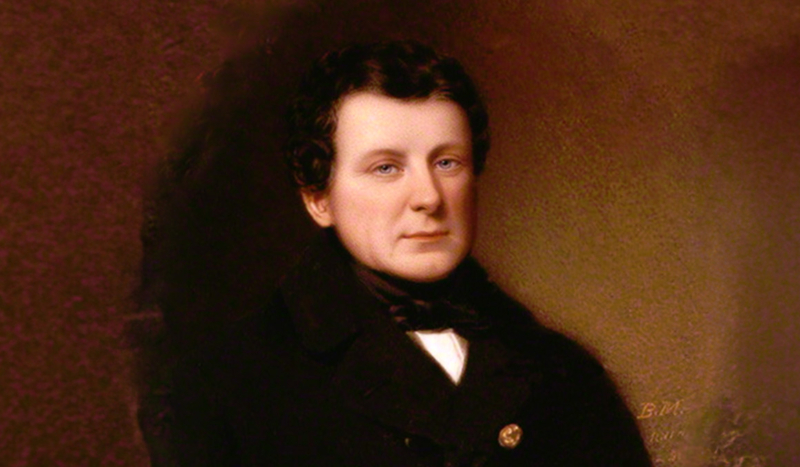
NOTE: Enjoy this excerpt from The American Daily Reader, by CatholicVote president Brian Burch and Emily Stimpson Chapman. To order the complete volume, visit the CatholicVote store today!
The Irish worried about former slaves taking their jobs. The Irish worried about provoking their anti-Catholic neighbors. The Irish worried about appearing unpatriotic. And for those reasons, and more, few Irish immigrants in 1840s America worried about slavery. Instead, the majority distanced themselves from the Abolitionist Movement. They also distanced themselves from prominent politicians in their homeland who decried America’s “peculiar institution.”
Chief among those politicians was Daniel O’Connell, one of the first Irishmen to sit in Great Britain’s House of Commons. A respected leader, both in Ireland and abroad, O’Connell was a close friend of Frederick Douglass’ and a committed abolitionist, who used his political platform to condemn American slavery. Irish-Americans revered O’Connell for his work on behalf of Irish independence. But in 1843, they sent him a letter, asking him to please mind his own business when it came to the slavery question.
O’Connell replied with a letter of his own, writing on October 11, 1843:
[Y]ou speak of man being the property of man—of one human being the property of another, with as little doubt, hesitation, or repugnance, as if you were speaking of the beasts of the field. It is this that fills us with utter astonishment. It is this that makes us disclaim you as countrymen. We cannot bring ourselves to believe that you breathed your natal air in Ireland… Ireland, that never was stained with negro slave-trading—Ireland, that never committed an offense against the men of color—Ireland that never fitted out a single vessel for the traffic in blood on the African coast.
His words didn’t go over well. In fact, they cost O’Connell almost every Irish-American friend he had. But, two decades later, when the American Civil War began, newspapers in the North repeatedly reprinted the letter, using O’Connell’s words to rally Irish support for the Union cause. In large part, the tactic worked, and whole regiments of Irish volunteers fought as O’Connell dreamed they would.
O’Connell, however, never lived to see that fight. He died in 1847.

